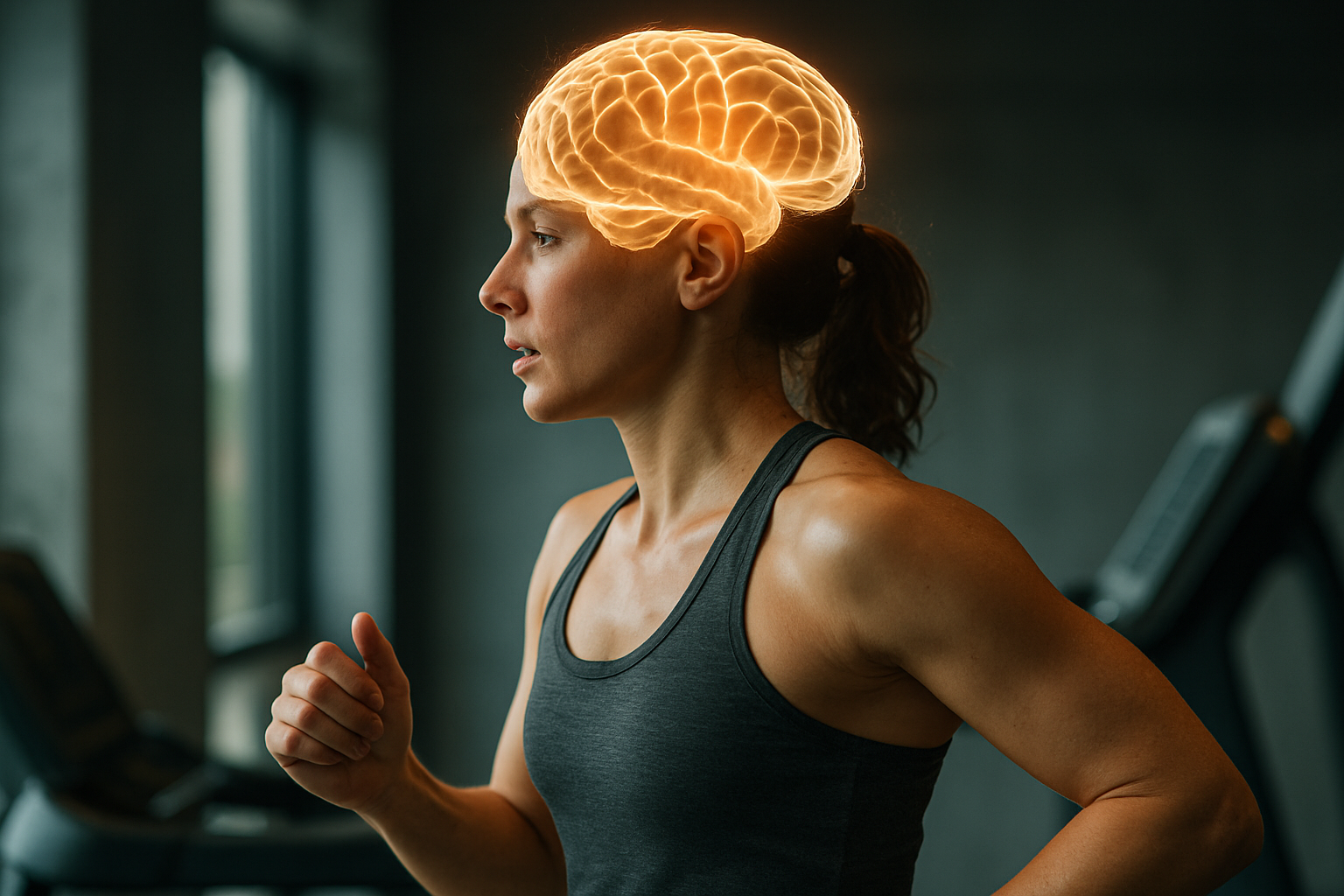Breaking the Cycle: New Approaches to Anxiety Management
Anxiety disorders affect millions worldwide, impacting daily life and overall well-being. Traditional treatments have long relied on medication and talk therapy, but recent research has uncovered innovative approaches that promise more personalized and effective solutions. These developments come at a crucial time, as global events and societal pressures contribute to rising anxiety levels across demographics. From cutting-edge neurotechnology to nature-based interventions, the landscape of anxiety management is evolving rapidly, offering hope to those who have struggled with conventional methods.

The Gut-Brain Axis: A New Frontier
Emerging research has highlighted the significant role of the gut-brain axis in anxiety disorders. The bidirectional communication between the gastrointestinal tract and the central nervous system appears to influence mood and anxiety levels. Studies have shown that alterations in gut microbiota composition can affect anxiety-like behaviors in animal models. This has led to increased interest in probiotic and prebiotic interventions as potential anxiety treatments. While still in early stages, clinical trials exploring the use of specific bacterial strains to alleviate anxiety symptoms have yielded promising results, offering a novel avenue for therapeutic development.
Virtual Reality Exposure Therapy
Virtual reality (VR) technology has revolutionized exposure therapy for anxiety disorders. Traditional exposure therapy often faces limitations in recreating anxiety-inducing scenarios safely and consistently. VR allows therapists to create immersive, controlled environments that can be tailored to individual patients’ needs. This approach has proven particularly effective for specific phobias, social anxiety, and post-traumatic stress disorder. The ability to gradually increase exposure intensity and provide immediate feedback has enhanced treatment efficacy and patient engagement. As VR technology becomes more accessible, its integration into mainstream anxiety treatment is likely to expand.
Mindfulness and Meditation: Ancient Practices, Modern Applications
While mindfulness and meditation have roots in ancient traditions, their application in anxiety management has gained scientific validation in recent years. Neuroimaging studies have demonstrated that regular mindfulness practice can lead to structural changes in brain regions associated with emotional regulation and stress response. Mindfulness-based stress reduction (MBSR) programs have shown effectiveness comparable to cognitive-behavioral therapy for generalized anxiety disorder. The incorporation of mindfulness techniques into digital health platforms and mobile apps has increased accessibility, allowing more individuals to benefit from these practices in their daily lives.
Psychedelic-Assisted Therapy: A Renaissance in Mental Health Treatment
The resurgence of research into psychedelic compounds has opened new possibilities for anxiety treatment. Substances like psilocybin and MDMA, when used in controlled therapeutic settings, have shown potential in treating anxiety disorders resistant to conventional therapies. Clinical trials have reported significant and lasting reductions in anxiety symptoms, particularly in patients with life-threatening illnesses or treatment-resistant depression. The mechanism of action appears to involve both neuroplasticity enhancement and profound psychological insights gained during the psychedelic experience. As legal and regulatory frameworks evolve, psychedelic-assisted therapy may become an important tool in the anxiety treatment arsenal.
Nature as Medicine: Ecotherapy and Forest Bathing
The therapeutic benefits of nature exposure have gained recognition in anxiety management. Ecotherapy, which involves guided nature-based activities, has demonstrated efficacy in reducing anxiety symptoms and improving overall well-being. Forest bathing, a practice originating in Japan, involves immersing oneself in the forest atmosphere using all senses. Studies have shown that forest bathing can lower cortisol levels, heart rate, and blood pressure, all of which are associated with reduced anxiety. The incorporation of nature-based interventions into urban planning and healthcare systems represents a holistic approach to anxiety prevention and treatment.
Technological Innovations in Anxiety Monitoring and Management
Advancements in wearable technology and artificial intelligence have led to new tools for anxiety monitoring and management. Smart watches and biofeedback devices can now track physiological markers of anxiety in real-time, allowing for early intervention and personalized stress management strategies. AI-powered chatbots and digital therapists offer 24/7 support and guidance, complementing traditional therapy sessions. These technologies not only provide individuals with greater insight into their anxiety patterns but also enable clinicians to make more informed treatment decisions based on comprehensive data.
The Role of Social Support and Community Engagement
While technological advancements have dominated recent anxiety research, the importance of social connections and community support cannot be overstated. Studies have consistently shown that strong social networks and community engagement act as protective factors against anxiety disorders. Innovative programs that combine peer support with professional guidance, such as group therapy sessions conducted in natural settings, have shown promising results. The challenge lies in fostering meaningful social connections in an increasingly digital world, leading to initiatives that blend online and offline community-building strategies.
In conclusion, the field of anxiety management is undergoing a transformative period, marked by interdisciplinary approaches and innovative interventions. From neuroscience-based treatments to nature-inspired therapies, the range of options available to those struggling with anxiety continues to expand. As research progresses, the integration of these diverse approaches into comprehensive, personalized treatment plans holds the promise of more effective and sustainable anxiety management strategies. The future of anxiety treatment lies not in a single solution, but in a holistic approach that addresses the complex interplay of biological, psychological, and social factors underlying anxiety disorders.




